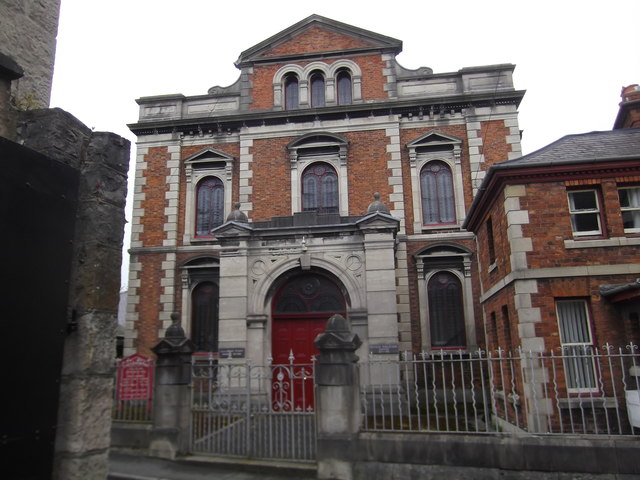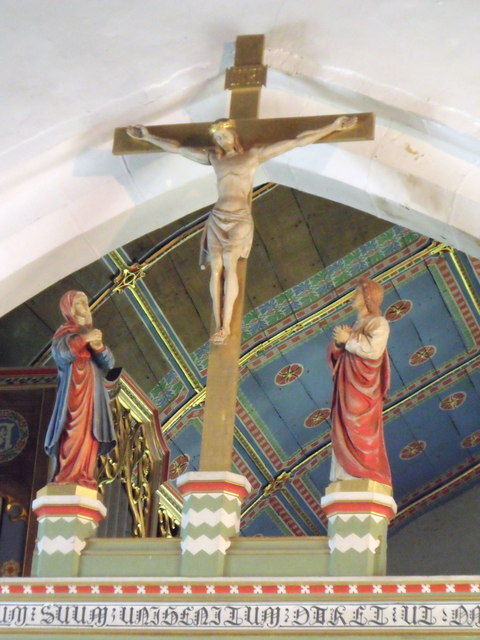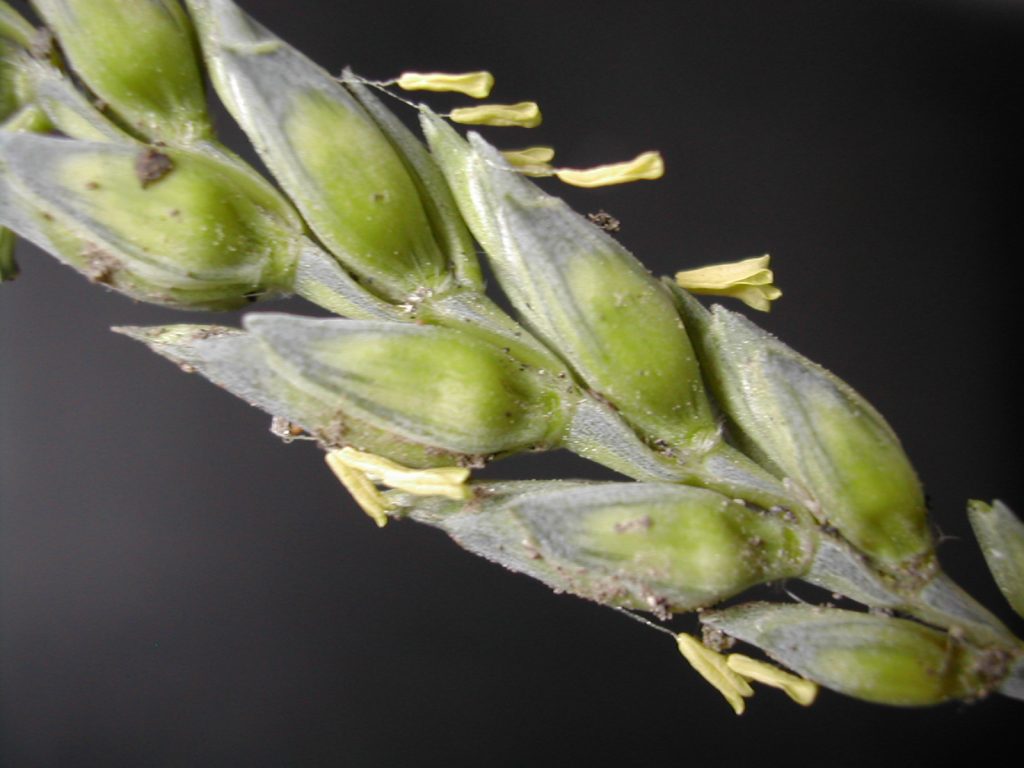Today’s hymn from Sing Praise is “See, Christ was wounded for our sake” by the late Brian Foley. It is the same sort of theme as yesterday’s, that Jesus’ sufferings were for our sake, and is also set to an old tune (this one, in fact, from the 15th century – the height of medieval Catholicism). The words are a modern paraphrase of an even older text – verses from Isaiah chapter 53, often interpreted as a God-given prophecy of the future Christ’s sufferings.
I was particularly struck by the third verse, which contrasts our own sheep-like behaviour (in the version familiar from Evensong, “we have erred and strayed from thy ways like lost sheep”) with Christ who went “as a sheep to the slaughter”, innocent and uncomplaining (whether sheep are actually so passive as supposed when about to be killed, is another question – I doubt it).
I also like the expression of the second verse: “Look on his face, come close to him; see, you will find no beauty there”. It suggests the question “what do we mean by ‘beauty’?” If we take it only to mean something aesthetically pleasing, sensually attractive, or conducive to peaceful thoughts, then clearly the sight of a man being tortured to death is nothing of the kind. But it reminds me of another hymn that we’’ come to later in the year: “Beauty for brokenness, hope for despair”, which tells of the hope, the beauty even, that can be found where Christ’s love is actively shown by his followers in the lives of others. And there is a kind of beauty in the death of Jesus, a moral beauty, summed up in his own words in John 15:12: “Greater love has no-one than this, to lay down one’s life for one’s friends”. We may not see a smiling face or a peaceful scene when we ponder the cross, but we watch the beautiful love of God in action.



